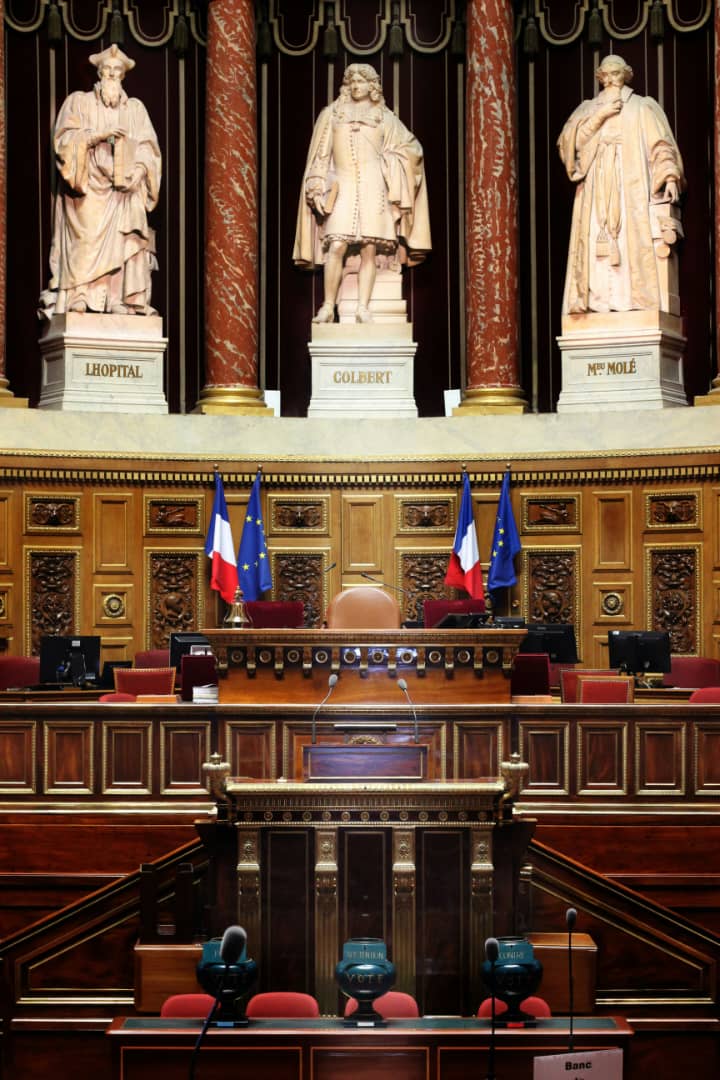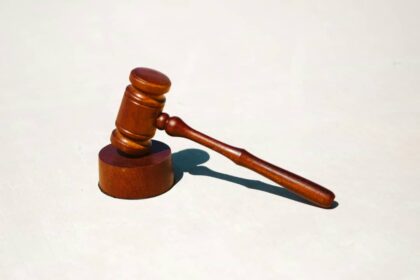Treason is widely regarded as the gravest offense a citizen can commit — a direct attack on the constitutional order and national security. While nearly every country criminalizes treason, how it is defined, proven, and punished varies significantly. This article compares how the United States Constitution and the Ghanaian Constitution approach treason, with focus on:
- Definition
- Scope
- Proof Requirements
- Punishment
- Safeguards against abuse
Treason in the U.S. Constitution
U.S. Constitution, Article III, Section 3 provides as follows:
“Treason against the United States shall consist only in levying War against them, or in adhering to their Enemies, giving them Aid and Comfort. No person shall be convicted of Treason unless on the testimony of two witnesses to the same overt act, or on confession in open court. The Congress shall have power to declare the punishment of Treason, but no attainder of Treason shall work Corruption of Blood, or Forfeiture except during the life of the person attainted.”
From the above definition, it is clear that Treason is strictly limited to:
- Waging war against the U.S.
- Helping enemy nations during wartime
- High Burden of Proof
- Requires two witnesses to the same overt act, or
- Confession in open court
This is to prevent abuse by political authorities. The punishment is determined by Congress, which in appropraite cases may include death or imprisonment, but punishment cannot extend beyond the life of the accused. There is no hereditary penalties (no “corruption of blood”).
The U.S. framers, scarred by British abuses of treason charges, intentionally made treason hard to prove to protect political dissent and avoid tyranny.
High Treason in the Ghanaian Constitution
Section 3(3)(a)-(b) of the Ghana Constitution, provides:
“Any person who—
(a) by himself or in concert with others by any violent or other unlawful means, suspends or overthrows or abrogates this Constitution or any part of it, or attempts to do any such act; or
(b) aids and abets in any manner any person referred to in paragraph (a) of this clause;
commits the offence of high treason and shall, upon conviction, be sentenced to suffer death.”
The above provision covers not just war or enemy aid, but any attempt to suspend, overthrow, or abrogate the Constitution or any part of it.It includes attempts and aiding or abetting.
The Constitution of Ghana does not impose additional evidentiary burdens (like the U.S. two-witness rule).
This leaves evidentiary standards to ordinary criminal procedure. Also, capital punishment is automatic upon conviction. No room is made for judicial discretion; no alternate sentencing provided.
It is important to note that Ghana has endured multiple military coups and constitutional suspensions. This provision reflects a desire to protect constitutional democracy with absolute seriousness, even at the cost of harsh penalties.
Key Comparisons
| Feature | United States | Ghana |
| Definition of Treason | Narrow: War or aid to enemy during war | Broad: Any violent/unlawful attempt to alter constitution |
| Inclusion of Attempts | No (must be an actual overt act) | Yes (attempt alone is punishable) |
| Proof Requirement | Two witnesses to same overt act or open confession | Standard criminal burden (no constitutional extra) |
| Punishment | Congress decides; may include death | Mandatory death sentence upon conviction |
| Safeguard Against Abuse | High evidentiary bar; limits on punishment | None specified beyond general criminal protections |
| Historical Justification | Fear of political persecution | History of coups, focus on preserving democracy |
Both systems face a delicate tension in:
- Protecting the state vs. preserving civil liberties
- Punishing true betrayal vs. avoiding political abuse
In the U.S., the treason clause serves as a constitutional shield against political prosecutions.
In Ghana, the provision serves as a deterrent and warning in a history where coups have disrupted constitutional rule.
The U.S. has often been criticized for undercharging conduct that arguably meets the spirit (if not the letter) of treason. Ghana, conversely, has faced human rights critiques for imposing the death penalty — especially where allegations may be politically motivated.
Conclusion:
The United States uses narrow definitions and high evidentiary standards to ensure that treason is only prosecuted in the rarest and most serious cases.
Ghana takes a broader, zero-tolerance approach, reflecting its past struggles with constitutional instability and military takeovers.
Both approaches reveal something deeper: how a nation defines treason reveals what it fears most. For the U.S., it is tyranny. For Ghana, it is collapse.












